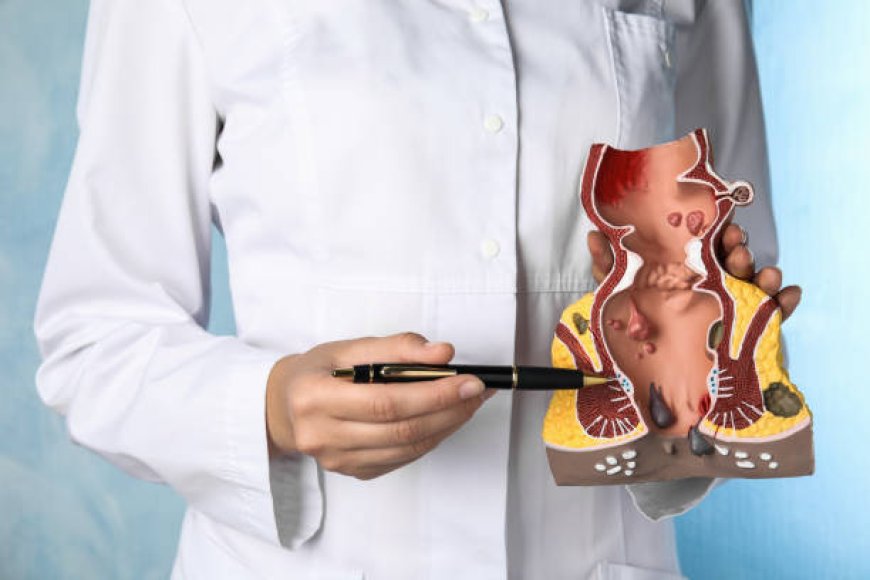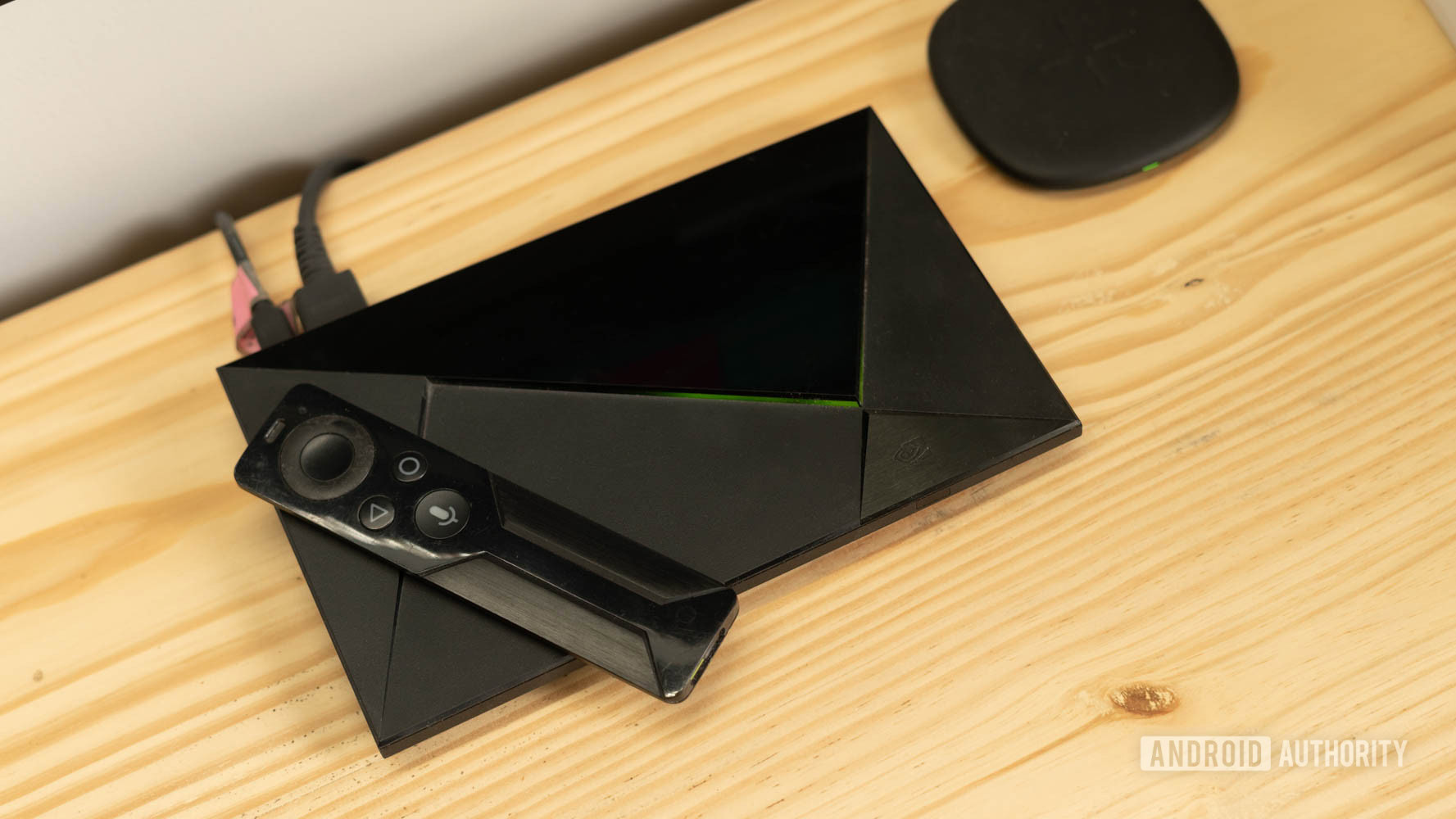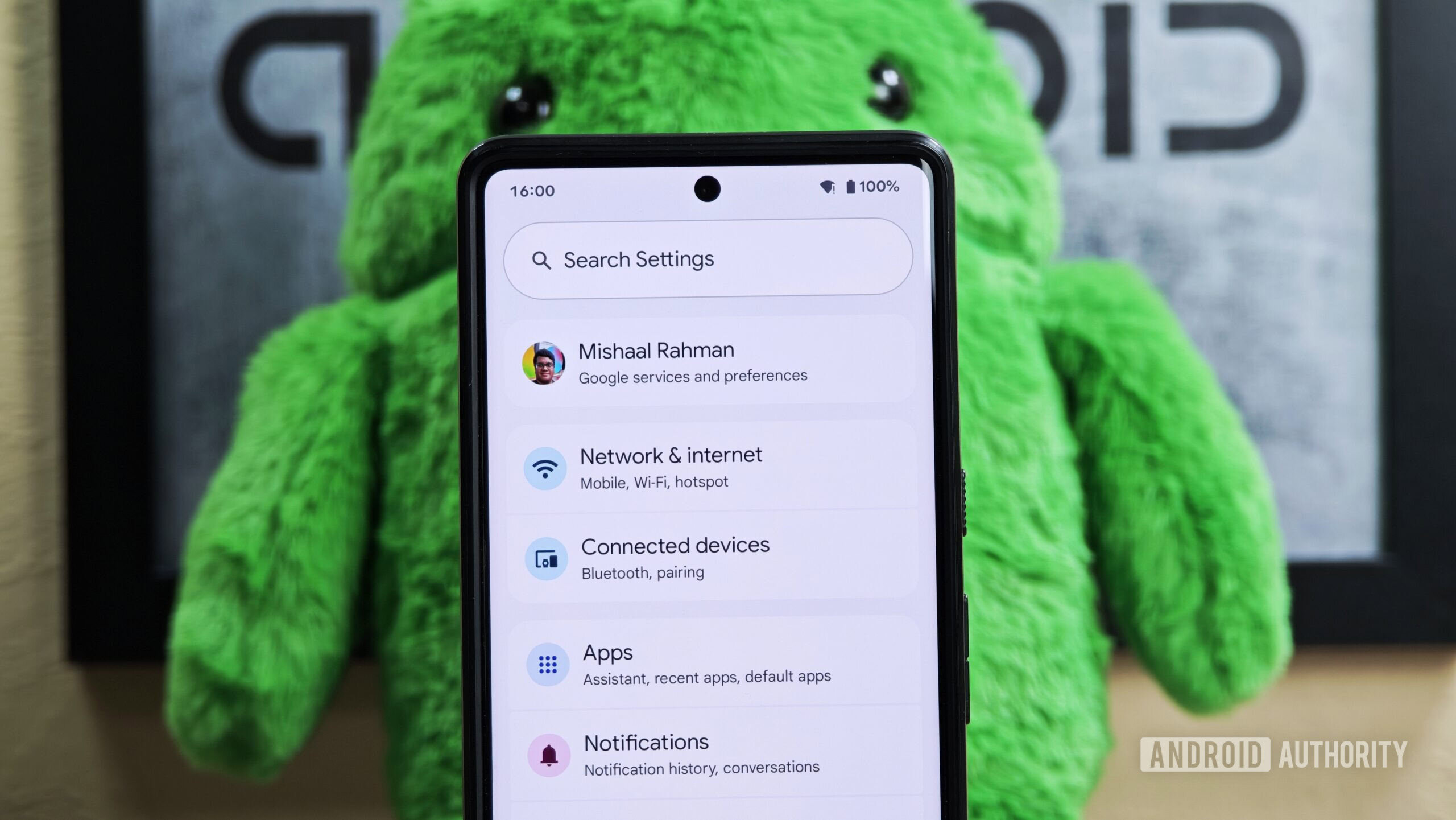Hemorrhoid Treatment in Al Ain: Relief Is Just Around the Corner
Discover effective hemorrhoid treatment options in Al Ain. Expert care, fast relief, and trusted clinics. Say goodbye to discomfort today!

Hemorrhoids are a common condition affecting many people, leading to discomfort and, in some cases, severe pain. Fortunately, if you are in Al Ain, there are several effective treatment options available to help you find relief. This article will explore the causes, symptoms, and treatment options for hemorrhoids, as well as provide answers to frequently asked questions about managing this condition.
Understanding Hemorrhoids
What Are Hemorrhoids?
Hemorrhoids are swollen veins located in the lower rectum and anus. They can be either internal or external. Internal hemorrhoids are found inside the rectum, while external hemorrhoids are located under the skin around the anus.
Causes of Hemorrhoids
Several factors contribute to the development of hemorrhoids, including:
- Straining during bowel movements: This is often due to constipation or diarrhea.
- Sitting for long periods: Prolonged sitting, especially on the toilet, can increase pressure on the veins in the rectum.
- Obesity: Excess weight puts additional pressure on the pelvic veins.
- Pregnancy: The weight of the fetus can press on the veins, causing them to swell.
- Age: As we age, the tissues supporting the veins in the rectum and anus can weaken and stretch.
Symptoms of Hemorrhoids
Common symptoms of hemorrhoids include:
- Rectal bleeding: Noticing blood on toilet paper or in the stool.
- Itching or irritation: Around the anal region.
- Pain or discomfort: Especially during bowel movements.
- Swelling: Around the anus.
- A lump near the anus: This can be sensitive or painful.
Treatment Options for Hemorrhoids in Al Ain
Home Remedies
For mild cases, several home remedies can provide relief:
- Dietary changes: Increasing fiber intake through fruits, vegetables, and whole grains can soften stool and reduce straining.
- Hydration: Drinking plenty of water helps prevent constipation.
- Warm baths: Soaking the affected area in warm water for 10-15 minutes several times a day can reduce swelling and discomfort.
- Topical treatments: Over-the-counter creams and ointments can provide temporary relief.
Medical Treatments
For more severe or persistent cases, medical intervention may be necessary:
Non-Surgical Procedures
- Sclerotherapy: A chemical solution is injected into the hemorrhoid to shrink it.
- Rubber band ligation: A rubber band is placed around the base of the hemorrhoid to cut off its blood supply, causing it to fall off.
- Coagulation: Infrared or laser light is used to harden and shrink hemorrhoids.
Surgical Procedures
In cases where other treatments fail, surgery might be required:
- Hemorrhoidectomy: The surgical removal of hemorrhoids.
- Stapled hemorrhoidopexy: A procedure that uses a special stapling tool to remove hemorrhoids and reposition the remaining tissue.
Finding the Right Treatment in Al Ain
Al Ain offers a variety of healthcare facilities where experienced professionals can diagnose and treat hemorrhoids. It is important to choose a reputable clinic or hospital with qualified specialists to ensure the best care.
Frequently Asked Questions (FAQs) about Hemorrhoid Treatment
Q1: Can hemorrhoids go away on their own?
A1: Yes, mild hemorrhoids can resolve on their own with proper home care, including dietary changes and avoiding straining during bowel movements. However, persistent or severe hemorrhoids may require medical treatment.
Q2: What foods should I avoid if I have hemorrhoids?
A2: It is best to avoid low-fiber foods such as white bread, dairy products, processed foods, and red meat, as these can contribute to constipation and worsen hemorrhoids.
Q3: How can I prevent hemorrhoids?
A3: To prevent hemorrhoids, maintain a high-fiber diet, stay hydrated, exercise regularly, avoid prolonged sitting, and practice good bathroom habits by not straining during bowel movements.
Q4: Are there any risks associated with hemorrhoid surgery?
A4: As with any surgical procedure, hemorrhoid surgery carries some risks, including infection, bleeding, and reactions to anesthesia. However, these risks are generally low, and most people recover without complications.
Q5: When should I see a doctor about my hemorrhoids?
A5: You should see a doctor if you experience severe pain, excessive bleeding, or if home treatments do not provide relief. Additionally, if you notice a lump near your anus or have concerns about your symptoms, seeking medical advice is recommended.
Conclusion
Hemorrhoids can be a painful and frustrating condition, but effective treatments are available in Al Ain to help you find relief. By understanding the causes, symptoms, and treatment options, you can take proactive steps to manage hemorrhoids and improve your quality of life. If you are experiencing severe symptoms or home remedies are not effective, do not hesitate to seek medical assistance from a qualified healthcare provider in Al Ain.
What's Your Reaction?
 Like
0
Like
0
 Dislike
0
Dislike
0
 Love
0
Love
0
 Funny
0
Funny
0
 Angry
0
Angry
0
 Sad
0
Sad
0
 Wow
0
Wow
0

















































